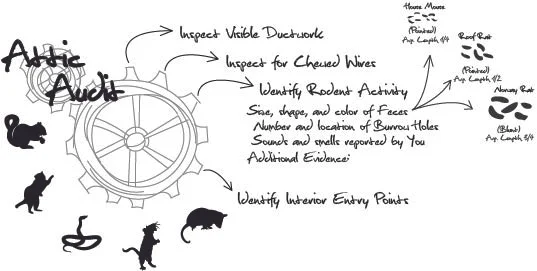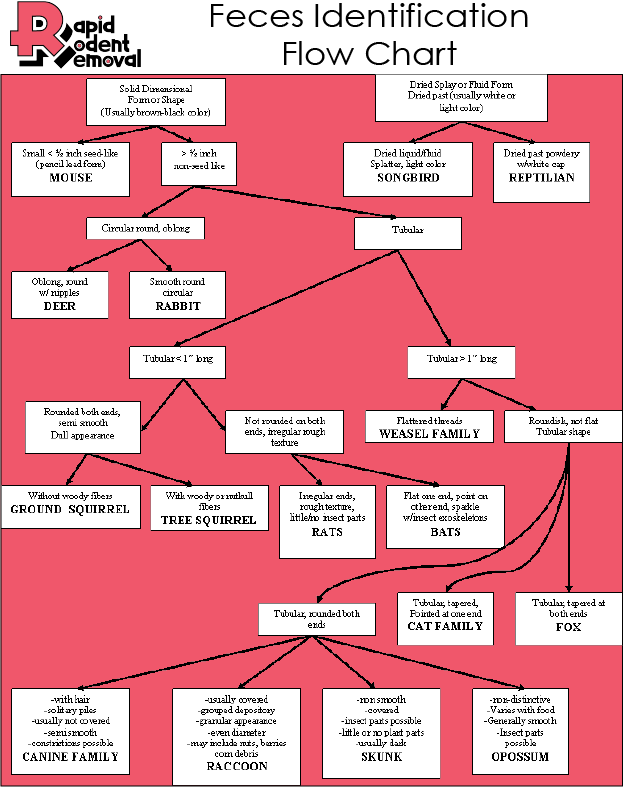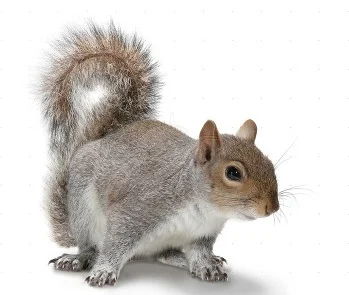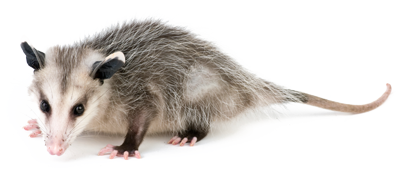Do Possums Have Rabies?
Do Possums Have Rabies?
What Exactly Is a Possum?
First off, let’s clear something up: the correct name for the animal commonly found in the U.S. is the Virginia opossum. While "possum" and "opossum" are often used interchangeably, technically, “possums” live in Australia, and “opossums” live in North America. But for this article’s sake, we’ll go with the commonly used “possum.”
These marsupials are nocturnal, tree-loving, scavenging animals that weigh between 4 and 14 pounds. They have pointy snouts, long tails, and a penchant for rummaging through trash or devouring garden pests.
Common Species Found in North America
Virginia Opossum (Didelphis virginiana) – The only marsupial in the U.S. and Canada.
Commonly found in wooded areas, suburban neighborhoods, and even cities.
🧠 What Is Rabies?
Overview of Rabies and Its Transmission
Rabies is a viral disease that affects the central nervous system of mammals. It’s typically transmitted through the bite or saliva of an infected animal. Once symptoms appear—such as confusion, aggression, and foaming at the mouth—it’s almost always fatal.
Signs and Symptoms of Rabies in Animals
Unprovoked aggression
Excessive drooling or foaming
Staggering or disoriented movements
Unusual vocalizations
Paralysis in advanced stages
🔬 Can Possums Get Rabies?
The Science Behind Possums and Rabies Resistance
Here’s the twist: possums are extremely resistant to rabies. Why? It comes down to their body temperature, which is significantly lower than most other warm-blooded mammals.
Body Temperature and Rabies Survival
Possums maintain an internal body temperature of around 94–97°F, while the rabies virus thrives in animals with temperatures closer to 101–103°F. The virus simply doesn’t do well in possums’ cooler internal environment.
Reported Cases of Rabies in Possums
While it’s not impossible for a possum to get rabies, it’s incredibly rare. According to data from the CDC and state wildlife departments, rabies in possums is almost unheard of—fewer than a dozen confirmed cases in decades.
🤔 Why People Think Possums Have Rabies
Strange Behavior Explained
Possums have some quirky behaviors that can look alarming. But weird doesn’t always mean rabid.
Misconceptions Due to “Playing Dead”
Possums are famous for "playing possum"—a defense mechanism where they fall over, drool, bare their teeth, and appear dead. Add a little foam around the mouth, and you’ve got a recipe for misunderstanding.
The Hissing and Salivating Myth
Yes, they hiss. Yes, they drool. But it’s not rabies—it’s defensive behavior, like a scared cat arching its back. It’s meant to scare you off, not infect you.
🐾 Possums vs. Other Rabies-Carrying Wildlife
Raccoons, Bats, and Skunks: The Real Threat
These animals are far more likely to carry rabies:
Raccoons: Top rabies carrier in many U.S. states
Bats: Common transmitters, especially through unnoticed bites
Skunks: High rabies rates in certain regions
Statistical Comparison of Rabies Carriers
Possums are at the bottom of the rabies risk chart. According to CDC data:
Raccoons: ~30% of tested animals are positive
Bats: ~10%
Skunks: ~20%
Possums: Less than 1%
🚪 What To Do If You Encounter a Possum
Signs of a Healthy vs. Sick Possum
Healthy possum:
Active at night
Slowly walking or climbing
Hissing when threatened
Sick possum:
Active during the day
Disoriented or lethargic
Visible wounds or parasites
Safe Practices Around Urban Wildlife
Do not approach or feed wild possums.
Keep trash secured and pet food indoors.
If you suspect illness, contact local animal control, not DIY solutions.
🐕 Are Possums Dangerous to Pets or Humans?
Aggression Level in Possums
Possums are non-aggressive by nature. They rarely bite and prefer to avoid confrontation. They're more likely to play dead than attack.
Risks of Disease Transmission (Other Than Rabies)
Possums can carry:
Fleas and ticks
Leptospirosis
Salmonella
But again, these risks are low unless you’re handling or trapping them.
🌿 Do Possums Serve Any Benefits?
Nature’s Pest Control
Possums love eating:
Insects
Rodents
Snails
Overripe fruit
They’re natural exterminators in your backyard.
Ticks, Snakes, and Garden Defense
One possum can eat up to 5,000 ticks in a season. They also eat venomous snakes thanks to natural immunity to snake venom. Who knew?
🔎 Myths Busted: The Truth About Possums
Rabies Isn’t the Only Misconception
Other false beliefs include:
They’re aggressive (false)
They damage property (rare)
They’re dirty (they groom themselves like cats)
Possums as Peaceful Neighbors
If left alone, they pose no threat and often help maintain your local ecosystem.
📣 Expert Opinions on Possums and Rabies
What Wildlife Biologists Say
Experts agree: possums are low-risk for rabies and generally misunderstood. Their unique biology makes them less likely to host the virus.
Insights From Animal Control Agencies
Animal control officers often relocate possums rather than euthanize them due to the minimal public health risk.
✅ Possums and Rabies: Final Verdict
So, do possums have rabies? Technically, yes, but realistically, almost never. They’re one of the least likely wild animals to contract or spread rabies. That hiss and drool? Just theatrics.
🧾 Conclusion
Possums might look a little creepy when cornered, but rabies isn't something you need to lose sleep over. They’re harmless, helpful, and honestly just trying to make a living in your backyard. So next time you spot one in the trash, don’t panic—just give it space and let it go about its possum business.
All About Animals …
Suspendisse nec congue purus. Aenean eu justo sed elit dignissim aliquam. Suspendisse nec congue purus. Class aptent taciti sociosqu ad litora torquent per conubia nostra, per inceptos himenaeos.
RATS
SQUIRRELS
RACCOONS
OPOSSUMS
SNAKES
BATS
WILDLIFE REMOVAL
articles:
What does a rat nest look like ?
What is a Squirrel King










